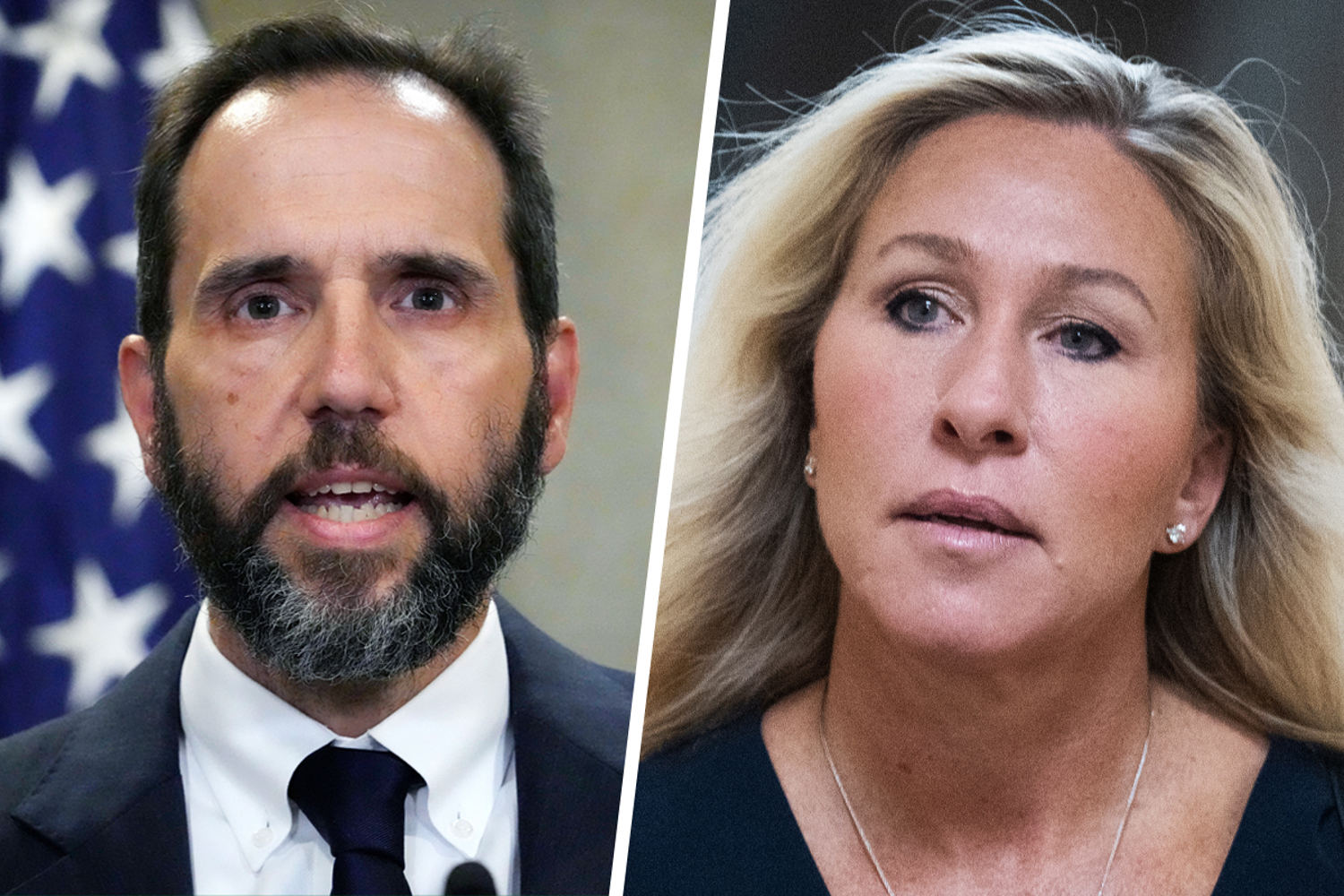
At 2 p.m. on Christmas Day, Rep. Brandon Williams, R-N.Y., received a phone call from his local sheriff’s office claiming there was a shooting at his home. However, it turned out to be a hoax. Williams, aware of the dangerous phenomenon known as “swatting,” stayed calm and cooperated with law enforcement, assuring them that everything was fine.
Unfortunately, Williams is not the only high-profile individual to fall victim to swatting. In recent weeks, politicians, prosecutors, and judges have all been targeted. This trend is a reflection of the hostile political climate that has intensified during the recent presidential election season.
Among the targeted individuals are Rep. Marjorie Taylor Greene, R-Ga., Boston Mayor Michelle Wu, Sen. Rick Scott, R-Fla., Maine Secretary of State Shenna Bellows, special counsel Jack Smith, and federal judge Tanya Chutkan. The list goes on.
The incidents of swatting are occurring against a backdrop of intimidation and harassment directed towards public officials. Attorney General Merrick Garland has spoken out about this disturbing trend, emphasizing the Department of Justice’s commitment to investigating threats against those who serve the public.
Law enforcement agencies have taken swatting seriously and have established a national online database to share information about these incidents. The anonymity of swatters is being challenged by the collective efforts of the FBI and local police. Frank Figliuzzi, former FBI assistant director, warns that those responsible for these false emergency calls will be held accountable.
Although legislation has been enacted in certain states to deal with swatting, the potential harm caused by these incidents cannot be ignored. In some cases, innocent lives have been lost due to the confusion caused by swatting calls. Law enforcement agencies are walking a fine line, balancing their response to genuine emergencies while remaining cautious about potential swatting incidents.
The political climate has fueled this alarming rise in swatting cases. Williams believes that his outspoken support of Israel in the Gaza conflict made him a target. Whoever made the fraudulent call to law enforcement not only claimed that Williams had a gun, but also alleged he was considering harming himself.
These incidents create personal and violating experiences for the victims. No arrests have been made in Williams’ case, and the motive behind the false call remains under investigation. Cayuga County Sheriff Brian Schenck believes that those responsible for these swatting incidents are seeking to create chaos, a truly unfortunate consequence.
To address this issue, it is crucial for law enforcement agencies to continue their efforts in combating swatting and holding accountable those who engage in this dangerous practice. Public figures, law enforcement, and the justice system must work together to ensure the safety and security of all individuals in the face of these targeted attacks.
Source link: F5mag.com
